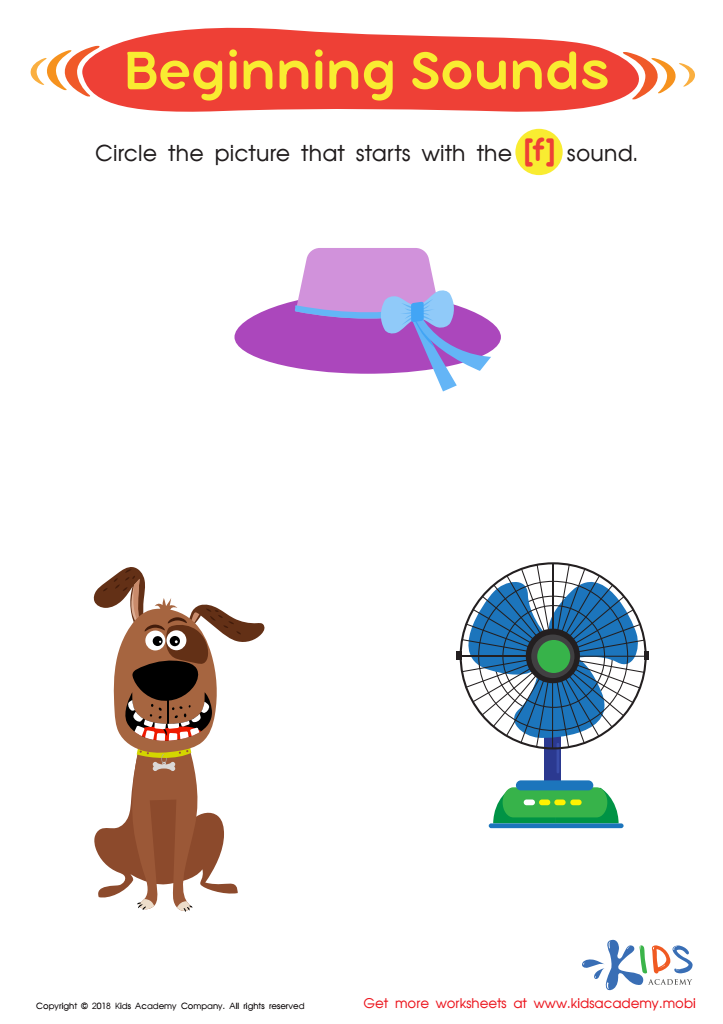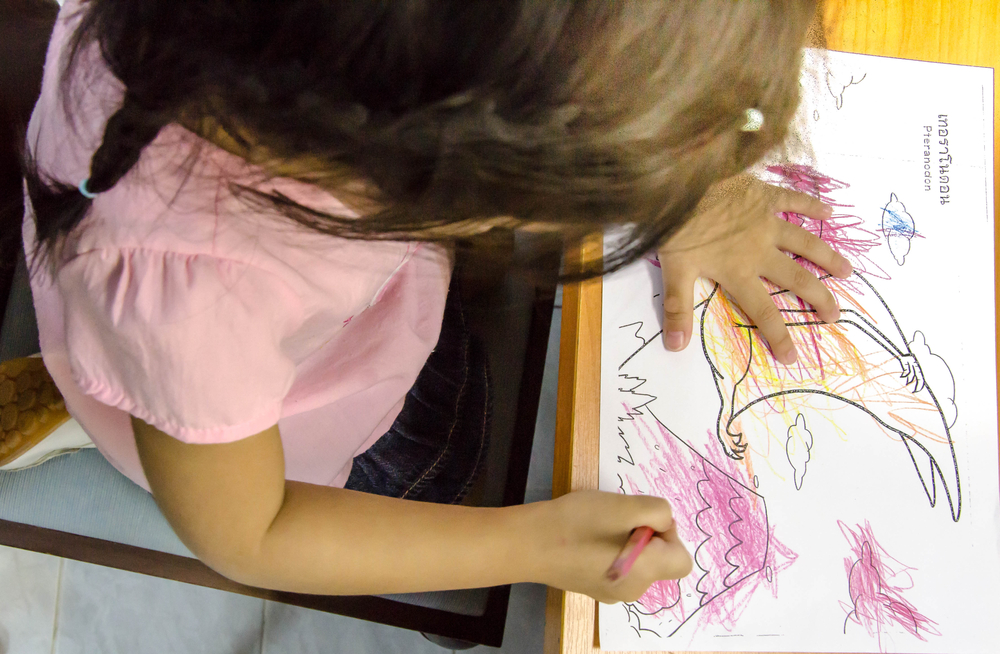Beginning Sounds worksheets activities for Ages 4-5
2 filtered results
-
From - To


Beginning Sounds Assessment Printable


Phonics and Word Recognition: Assessment 1 ELA Worksheet
Beginning Sounds worksheets activities are a cornerstone in the foundational phase of literacy development for young learners. These engaging and interactive activities are designed to introduce children to the basic concept of phonemic awareness by focusing on the initial sounds of words. The importance of these worksheets lies in their ability to foster early reading and writing skills, setting a solid groundwork for future language proficiency.
First and foremost, Beginning Sounds worksheets activities enhance a child’s ability to listen and differentiate between sounds. This is crucial in the development of phonemic awareness, which is the ability to hear, identify, and manipulate individual sounds—phonemes—in spoken words. By associating sounds with letters, children begin to understand the alphabetic principle, which is the foundation of spelling and reading.
Moreover, these worksheets are tailored to stimulate children’s cognitive abilities through pattern recognition and matching exercises. By identifying the beginning sound of words and matching them with their corresponding letters or images, children develop critical thinking and problem-solving skills. This kind of mental engagement is essential for cognitive development and academic success.
Additionally, Beginning Sounds worksheets activities are designed to be interactive and fun, which significantly boosts a child’s motivation to learn. Using colorful images and engaging tasks, these worksheets capture children's interest, making the learning process enjoyable. This positive association with learning helps to instill a love for reading and writing at an early age.
Finally, these activities are inclusive and adaptable, catering to the diverse learning paces and styles of young learners. Whether in a classroom setting or at home, Beginning Sounds worksheets can be easily integrated into a child’s learning routine, providing a flexible and effective approach to early literacy education.
In conclusion, Beginning Sounds worksheets activities are a vital tool in early childhood education. They lay the foundation for literacy by developing phonemic awareness, cognitive skills, and a positive attitude towards learning. By engaging in these activities, children are set on a path toward successful reading and writing, which are critical for their academic and personal development.
 Assign to the classroom
Assign to the classroom












